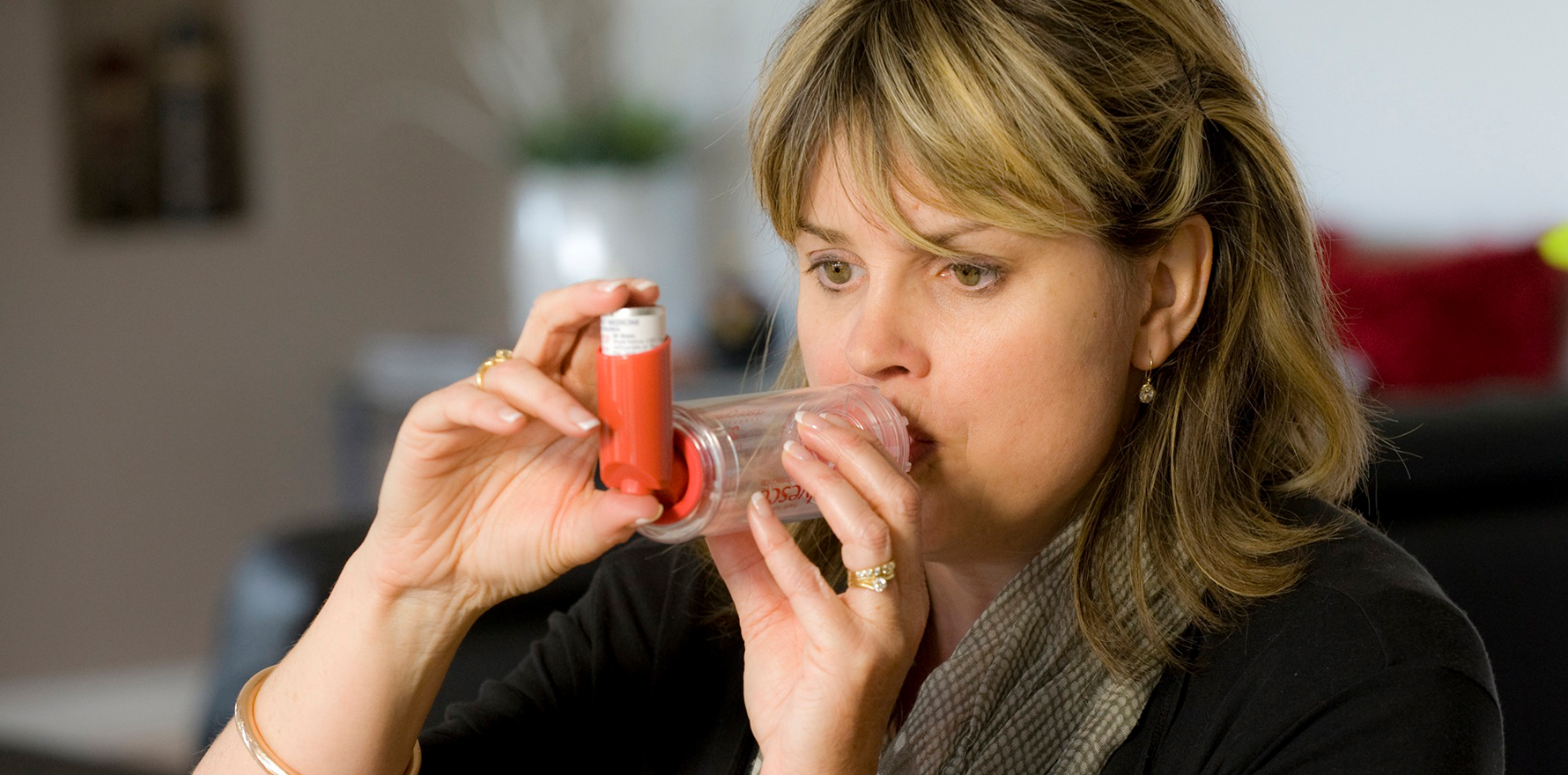Australian researchers say this cheap and widely available drug has promise for other respiratory infections like flu and RSV.
Inhaled heparin has been shown to cut the risk of hospitalised covid patients needing a ventilator by half, according to new Australian-led research.
The study, published in eClinicalMedicine and presented at the European Respiratory Society meeting in Amsterdam, also found that patients receiving the treatment had significantly lower mortality.
The study was led by the Australian National University, Monash University and King’s College London.
Traditionally used in injectable form to treat blood clots, the pathogen agnostic drug was administered as an inhaled therapy in a trial involving almost 500 patients across six countries during the early stages of the pandemic.
In total, 238 patients were randomised to the nebulised unfractionated heparin (UFH) group and 240 patients to the control group. In the control group, 215 patients received standard care, and 25 patients received placebo (nebulised normal saline).
In patients where this was collected, the median number of nebulised UFH doses administered was 15 (IQR 7–22) and the median total dose of nebulised UFH was 225,000 (IQR 10,500–450,000) IU.
This prospective meta-trial of six randomised clinical studies in low-, middle- and high-income countries, found that inhaled nebulised UFH significantly reduced the rate of intubation and mortality in hospitalised non-intubated covid.
The researchers noted that some of the studies included individuals with very mild respiratory disease, who were not receiving oxygen therapy at randomisation. However, the use of oxygen or lack thereof at baseline did not affect the treatment effect of nebulised UFH.
“We also showed that inhaled nebulised UFH is safe, with no pulmonary or systemic bleeding complications, and no clinically relevant effect on systemic coagulation parameters,” the authors wrote.
“The positive results from this study hold significant implications for the future treatment of lung injury, not only in the context of covid but also potentially for other infectious and non-infectious causes.
“Robust clinical trials evaluating inhaled nebulised UFH in hospitalised patients with lung injury, particularly those resulting from viral and bacterial respiratory infections, are now needed.”
Related
Lead author Professor Frank van Haren, ANU professor and director of the Intensive Care Unit at St George Hospital in Sydney, said the results confirm the drug’s effectiveness when delivered directly to the lungs.
“All had been hospitalised with covid but were not yet sick enough to require a breathing machine,” he said.
“The heparin treatment halved their risk of being placed on a ventilator and significantly reduced their risk of dying.
“It follows our initial results which found breathing and oxygen levels improved in covid patients after they inhaled a course of heparin.”
Unlike its injected counterpart, inhaled heparin targets the lungs, where it reduces viral infection, inflammation and clotting simultaneously.
“It doesn’t matter what kind of respiratory infection the patient is dealing with, when inhaled, the drug will stop it from infecting the patient and damaging the lungs,” Professor van Haren said.
“We’re aiming to conduct another trial in Europe to confirm its effectiveness in fighting other common respiratory infections such as influenza and RSV.
“And because it’s inexpensive, it’s much more accessible for those from low-income countries.”
The researchers believe inhaled heparin could prove just as effective against other respiratory infections such as pneumonia, influenza and RSV.
Professor Clive Page of King’s College London, who co-led the research, described it as the only drug with this unique combination of effects, calling it a valuable addition to pandemic preparedness.
He said the drug would also be helpful for those with a compromised immune system, such as cancer patients, who developed a respiratory infection.
“Inhaled heparin is anti-viral, anti-inflammatory and anti-coagulant. There’s no other drug that has that unique combination.”
Work has also begun on a new inhaled formulation of heparin specifically designed for respiratory delivery.
“We know it’s only a matter of time until the next pandemic, and there are still covid patients who get very sick,” said Professor Page.
“This is a great weapon to have up our sleeve.”




